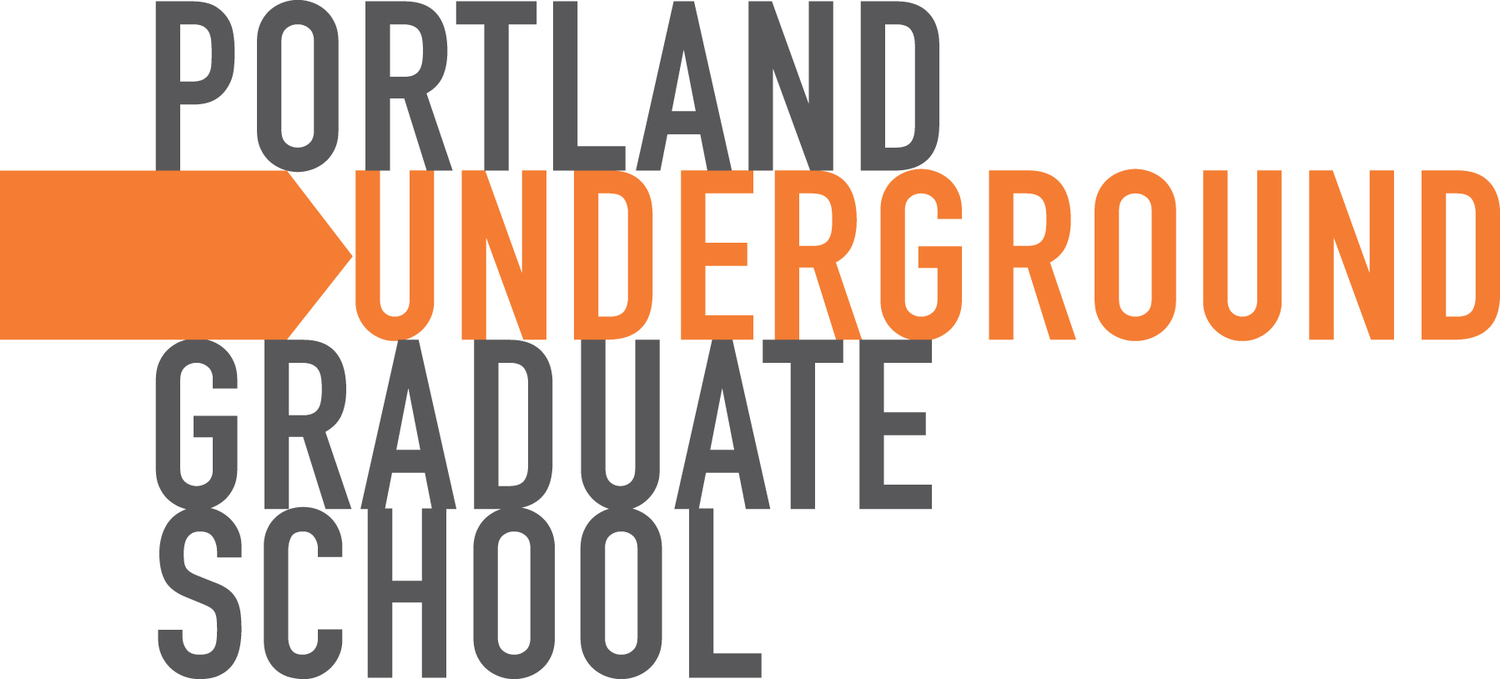Intersectionality
taught by Britton Washington + Stephanie Duncker
Intersectionality
Taught by Britton Washington + Stephanie Duncker
“A person’s identity is not the sum total of the pain of each separate form of marginalization... Blackness is lived differently by women than by men, and being female is not a uniform experience across race, class, age, or disability ”
We often think of our social identity (our race, class, gender, etc.) as one-dimensional. Intersectionality recognizes that the multiple identities each of us possesses overlap and intersect depending on the social situation. With its roots in ethnic studies, women’s studies, and African American studies, the term intersectionality is credited to legal scholar Kimberlé Crenshaw.
Originally, intersectionality primarily explored the intersections of individuals’ experiences with inequality based on their race, gender, class, and sexual orientation. Today, intersectionality is a framework we can use to think about many other identities, including spirituality and physical ability. It’s a way of looking at the world that helps us understand the multidimensional ways in which people experience life, see themselves, and are treated by others.
The goal of this course is to give you the tools to understand the complexity of dimensions that make up who we are perceived to be in our culture (and thus, shape how we go through life). This course is for those trying to make their feminism more inclusive, and for those wanting to deepen their analysis of how overlapping identities affect people differently.
“If we aren’t intersectional, some of us, the most vulnerable, are going to fall through the cracks. ”
Week 1: Power, Privilege and Oppression within Institutions
We'll begin by defining concepts of power, privilege and oppression in order to understand how identities are constructed. This discussion will lay the groundwork for understanding the value of intersectionality in analyses of oppression.
Week 2: Introducing Intersectionality
A basic overview of intersectionality as well as a few contemporary examples of intersections. We'll also provide examples of how an intersectional analysis improves our understanding of a social phenomenon.
Week 3: Queer Identity & Race
This week, we'll see whether the "queer perspective" is a viable alternative for looking at gender and sexuality. We'll define concepts like "heteronormativity" and "homonormativity" in order to examine what it means to be "critically queer" and what new perspectives this opens up.
Week 4: Controversies within Intersectionality
For the final week, we'll explore the criticisms of intersectional and controversies within intersectional communities. Are there things we're leaving out in adopting this analysis? Are there issues that should not be included? We'll also explore what the future of intersectionality might look like.

